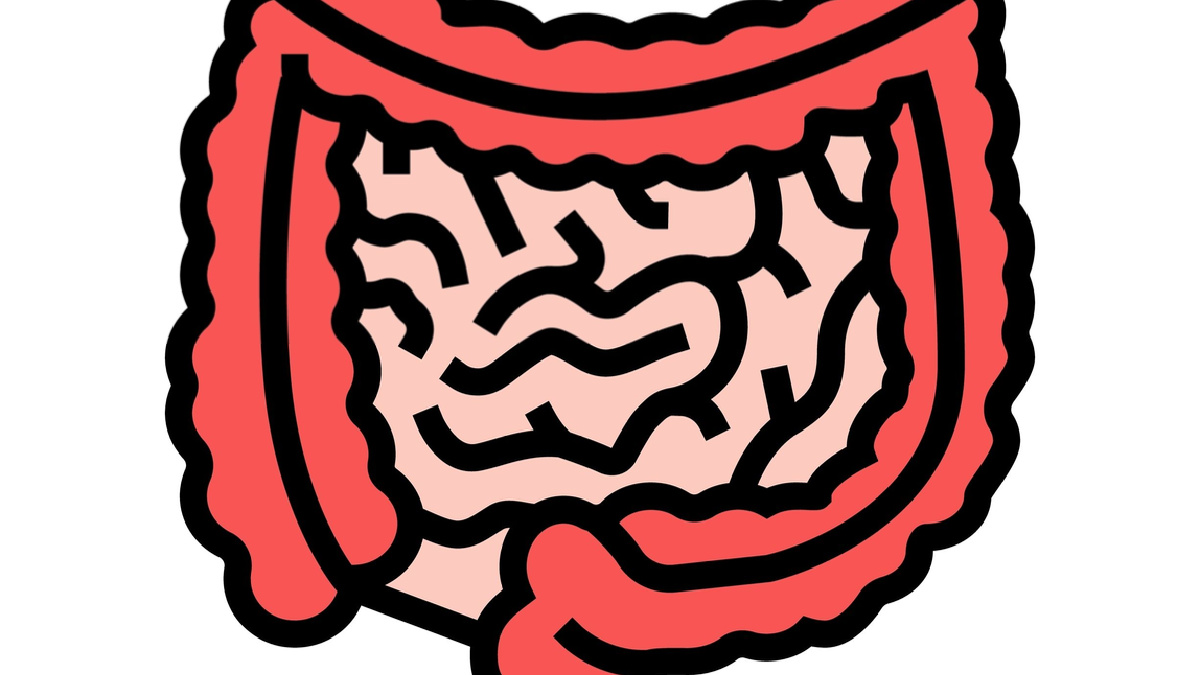The gastrocolic reflex is a natural response of the digestive system that occurs when food enters the stomach. This reflex trigger the colon to contract rhythmically, which moves the contents of the colon towards the rectum. The gastrocolic reflex is important in maintaining regular bowel movements and preventing constipation.
This reflex may also be responsible for the urge to defecate after eating a meal. The presence of food in the stomach stimulates the reflex, which in turn stimulates the colon to contract and move its contents towards the rectum. The gastrocolic reflex is a normal and important part of digestion, but it can be disrupted by certain medical conditions or dietary factors. Understanding and supporting the gastrocolic reflex can help improve overall digestive health and prevent constipation.
How Does The Gastrocolic Reflex Work?
The Gastrocolic Reflex is a complex process that involves the coordination of several muscles and nerves in the digestive system. The reflex is triggered by the presence of food in the stomach, which sends a signal to the brain to activate the colon. The colon then begins to contract, pushing the contents of the digestive tract towards the rectum. This process is repeated several times a day, depending on the individual’s eating habits and digestive system. Overall, the Gastrocolic Reflex is a vital part of the digestive process, ensuring that food is efficiently broken down and eliminated from the body.
What Are The Symptoms Of The Gastrocolic Reflex?
The symptoms of Gastrocolic Reflex can vary from person to person, but some of the most common ones include bloating, abdominal discomfort, and the urge to defecate. In some cases, people may also experience diarrhea or constipation as a result of the Gastrocolic Reflex.
The severity and frequency of these symptoms can be influenced by a number of factors, including diet, stress levels, and other medical conditions. For example, people with irritable bowel syndrome (IBS) may experience more frequent and intense Gastrocolic Reflex symptoms than those without the condition. It is important to talk to a healthcare provider if you are experiencing persistent or severe symptoms, as there may be underlying medical issues that need to be addressed.
What Causes The Gastrocolic Reflex?
The exact cause of gastrocolic reflex is not fully understood, but it is believed to be triggered by several factors. One of the primary factors is the stretching of the stomach wall by food. This stretching sends a signal to the brain, which then sends a signal to the colon to start contracting. This reflex is also influenced by hormones, such as gastrin and cholecystokinin, which are released in response to food in the stomach.
Other factors that can trigger the gastrocolic reflex include changes in the acidity of the stomach, the presence of certain types of food, and the release of neurotransmitters. For example, the consumption of high-fiber foods can stimulate the gastrocolic reflex, as fiber is not fully digested and can cause the colon to contract as it moves through the digestive system. The gastrocolic reflex is an important part of the digestive process, as it helps to move waste material out of the body and maintain regular bowel movements.
How Is The Gastrocolic Reflex Diagnosed?
To diagnose the Gastrocolic Reflex, doctors typically perform a physical exam and take a medical history. They may also order tests, such as a colonoscopy or stool sample analysis, to rule out other conditions that can cause similar symptoms. In some cases, doctors may also perform a rectal exam to check for abnormalities in the anal sphincter or rectum. Once a diagnosis is made, treatment options may include dietary changes, medications, or behavioral therapy.
What Are The Treatment Options For The Gastrocolic Reflex?
Treatment options for the gastrocolic reflex vary depending on the severity of symptoms. Mild cases may benefit from dietary changes, such as reducing caffeine and increasing fiber intake. Patients with gastrocolic reflex can also take medications such as antispasmodics and laxatives. In severe cases, surgery may be necessary to remove or reposition the colon. It is important to consult with a healthcare professional to determine the best course of treatment for individual cases of the gastrocolic reflex.
How Can The Gastrocolic Reflex Be Prevented?
Some people may experience oversensitivity to gastrocolic reflex. To prevent this, there are several strategies that can be employed. Firstly, it is important to eat smaller, more frequent meals throughout the day rather than large meals that can trigger the reflex. Additionally, avoiding foods that are high in fat or fiber, as well as spicy or greasy foods, can also help to prevent the reflex from being triggered. Finally, staying hydrated and getting regular exercise can help to regulate bowel movements and prevent the Gastrocolic Reflex from becoming too sensitive.
Understanding The Gastrocolic Reflex And Its Impact On Digestive Health
In conclusion, the gastrocolic reflex is a natural physiological process that occurs in the digestive system. It is responsible for the movement of food through the gastrointestinal tract and plays a crucial role in maintaining digestive health. The reflex is triggered by the presence of food in the stomach, which signals the colon to start moving waste out of the body. Understanding the gastrocolic reflex and its impact on digestive health can help individuals make informed decisions about their diet and lifestyle choices. By incorporating healthy eating habits and regular exercise into their routine, individuals can support the gastrocolic reflex and improve their overall digestive health.





